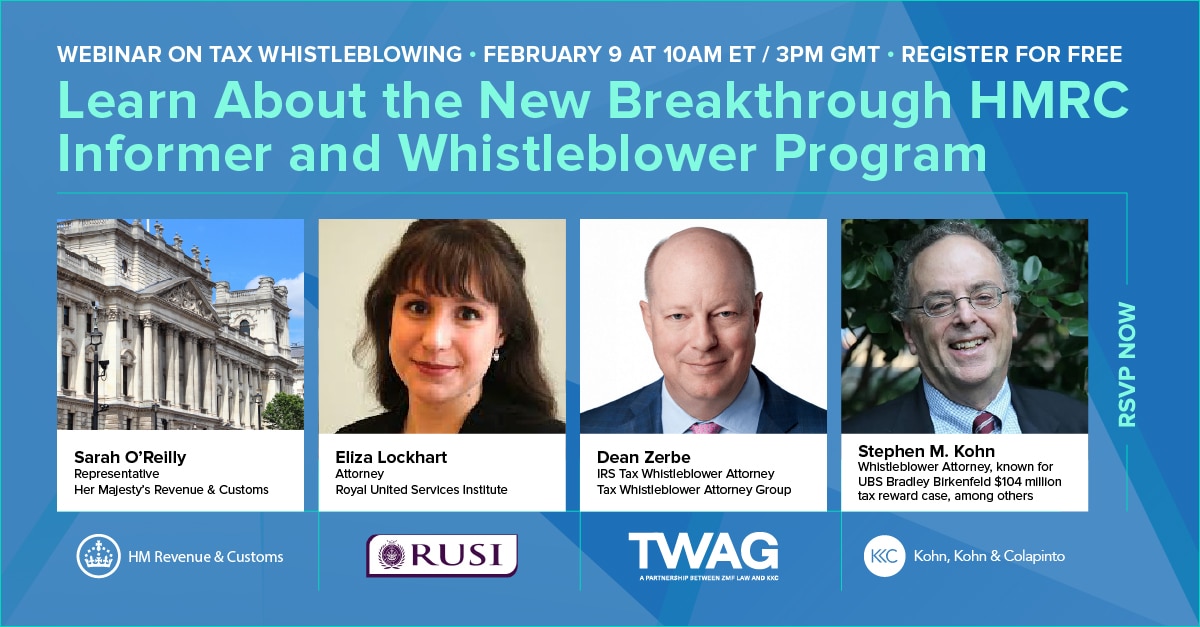What Makes a Whistleblower Award Law Successful?

In a new article published by Reuters, Kohn, Kohn & Colapinto founding partner Stephen M. Kohn outlines what makes a whistleblower award law successful. Kohn explains that knowing how to interpret potentially overlapping whistleblower laws is of growing significance because whistleblowers and their counsel may have to choose which law to use in certain cases where two laws cover one violation.
According to Kohn, because modern whistleblower award laws have been actively used since 1986, “a solid empirical basis exists to judge which laws to use, and which to avoid.” Based upon the empirical record, Kohn highlights three elements of a successful whistleblower award law: mandatory award payment requirements, confidentiality protections, and related action provisions.
Kohn explains the importance of each of these elements in detail. He outlines which award laws have these elements and why they are so vital to the laws being successful. For example, Kohn traces the history of the False Claims Act and how the implementation of mandatory award requirements in 1986 transformed the law into the most effective anti-fraud law in the United States.
Latest News & Insights
January 27, 2026





